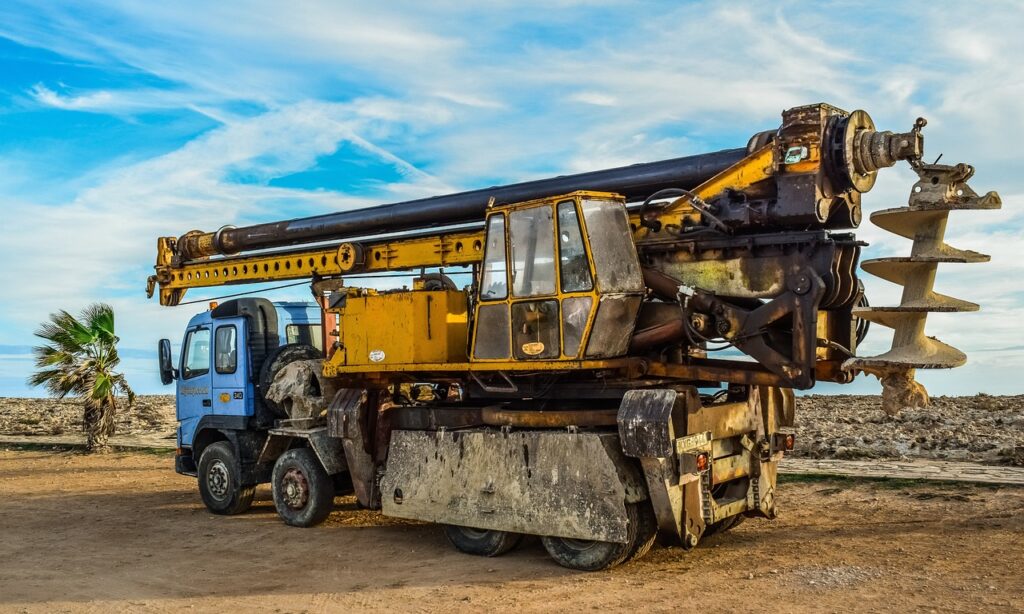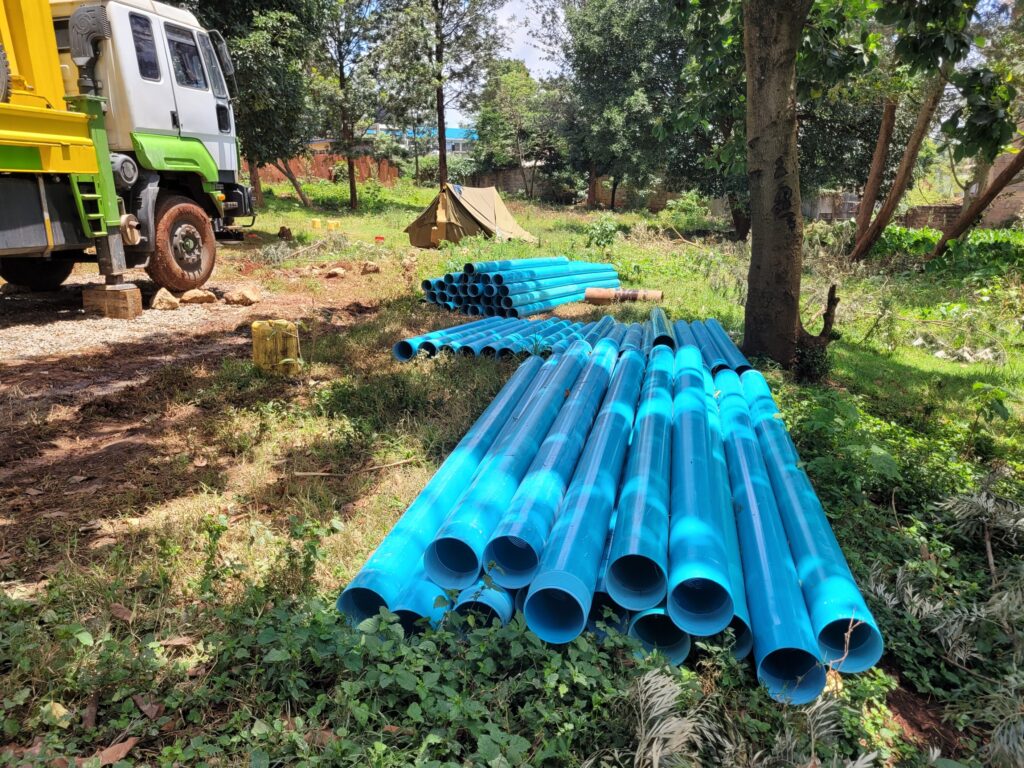Boreholes are a lifeline for many homes, farms, and businesses, providing a reliable water source.
However, a collapsed borehole can quickly become a significant headache, disrupting your water supply and incurring unexpected costs.
If you’re facing this issue, don’t panic.
This guide will walk you through understanding the problem, addressing it, and preventing future collapses.
Understanding Borehole Collapse
A borehole collapse occurs when the structural integrity of the borehole fails, causing the walls to cave in or debris to block the water flow. This can result from several factors:

- Poor geological conditions: Unstable soils, such as loose sands or weak rock formations, are more prone to collapse.
- Improper casing installation: Inadequate or poorly fitted casings can’t support the borehole walls.
- Corrosion of casings: Metal casings can deteriorate over time, especially in saline or acidic water areas.
- Groundwater pressure changes: Fluctuations in water levels or flow can weaken the surrounding structure.
Also read Is Borehole Water Safe to Drink?
Signs Your Borehole May Be Collapsing
It’s essential to spot the warning signs of a borehole collapse early. Here are some common indicators:
- Reduced water yield: If your borehole suddenly produces less water or runs dry, it may collapse.
- Debris in water: Mud, sand, or small rocks appearing in your pumped water could signal structural failure.
- Pump difficulties: Trouble lowering or operating your pump might mean debris is blocking the borehole.
- Unusual noises: Listen for grinding or scraping sounds during pumping, which may indicate debris or damage.
Steps to Take Immediately
If you suspect your borehole is collapsing, quick action can prevent further damage:
- Stop pumping water to reduce strain and avoid worsening the collapse.
- Inspect the borehole using a professional-grade borehole camera, if available.
- Contact a professional, such as a hydrogeologist or drilling expert, to assess the damage and recommend solutions.
Repair Options for a Collapsed Borehole
Depending on the severity of the collapse, various repair methods are available:
- Cleaning and debris removal: This involves clearing the borehole of obstructions using specialized tools or techniques like airlifting or surging.
- Re-drilling or deepening: If the collapse affects only part of the borehole, it may be possible to re-drill or deepen it to reaccess water.
- Installing or replacing casings: High-quality casings can be installed or replaced to stabilize the borehole walls and prevent future collapses.
- Grouting: Cement or bentonite grouting can seal unstable sections of the borehole, improving its stability.
- Well redevelopment: Techniques like jetting or surging can help restore water flow by cleaning the borehole and improving its yield.
Also read Is Borehole Water Good for Irrigation?
Preventing Future Borehole Collapses
Prevention is always better than cure. Here’s how you can safeguard your borehole:
- Conduct a thorough survey: Before drilling, ensure a hydrogeological study identifies potential risks.
- Use quality materials: Invest in durable casings and ensure proper installation.
- Regular maintenance: Schedule periodic inspections to detect and address issues early.
- Hire professionals: Work with certified and experienced drilling experts to ensure the job is done right.
Costs and Timeline for Repairs

The cost of repairing a collapsed borehole can vary widely based on factors such as the extent of damage, depth of the borehole, and required repair method.
Typical costs may range from a few thousand to tens of thousands of shillings.
Repair timelines can also differ, with simple cleaning taking a day or two and extensive rehabilitation taking weeks.
When to Consider Drilling a New Borehole
In some cases, repairs may not be feasible or cost-effective. For example:
- If the borehole is severely collapsed and cannot be stabilized.
- If the water yield is too low to justify repairs.
- If the location’s geological conditions are unsuitable for long-term use.
In such situations, consider drilling a new borehole at an alternative site after conducting a thorough survey.
Also read How Long Does a Water Borehole Last?
Conclusion
Dealing with a collapsed borehole can be stressful, but taking the proper steps can save you time and money while restoring your water supply.
Always address the issue promptly, work with experts, and take preventive measures to ensure your borehole serves you well for years.
If you need professional assistance, don’t hesitate to contact your borehole service provider for expert advice and solutions.
You can find us on Facebook, YouTube, and TikTok for more insights and success stories.



Bonvic Drilling expertly repaired my collapsed borehole, restoring functionality through efficient and professional techniques….Bonvic 👌👌👌
Bonvic Drilling expertly repaired your collapsed borehole, restoring functionality through efficient and professional techniques.
Pingback: How Deep Can a Hand Pump Work in a Borehole?